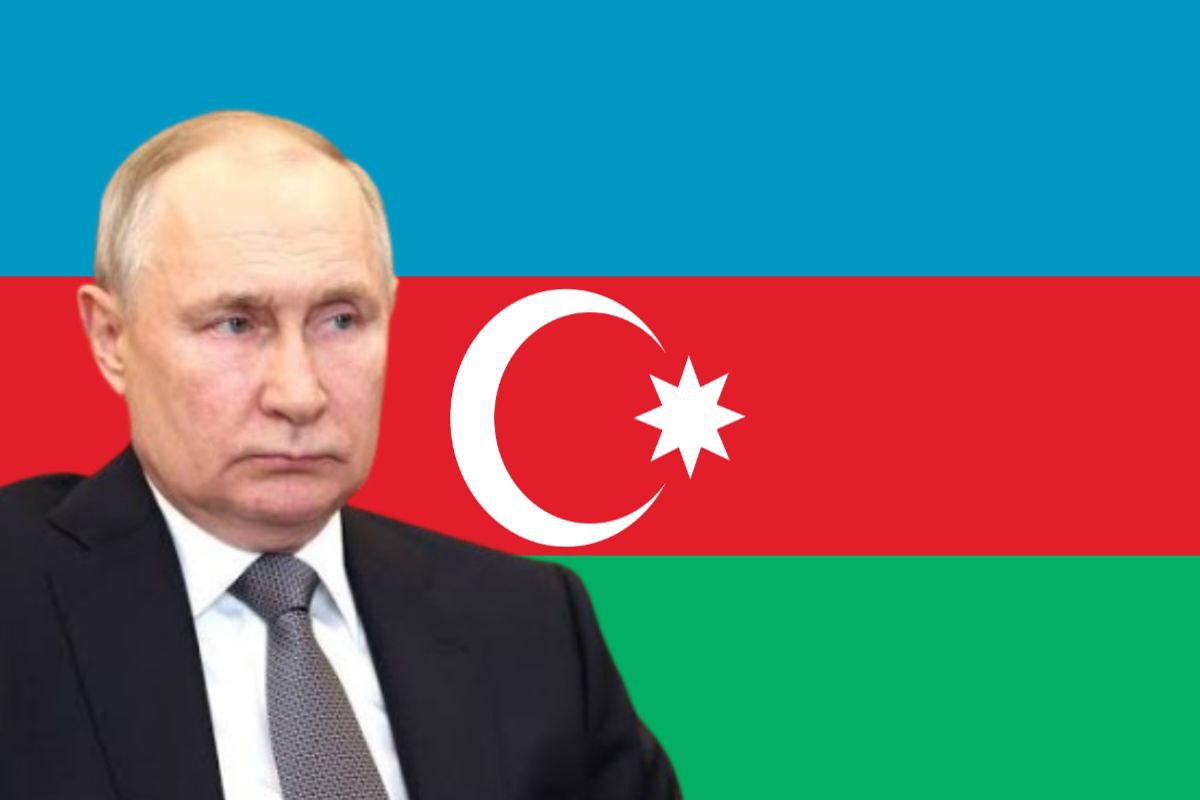Tensions Escalate Between Russia and Azerbaijan:A serious diplomatic crisis is unfolding between Russia and Azerbaijan following violent raids in Yekaterinburg, the death of Azerbaijani citizens, retaliatory arrests of Russian journalists in Baku, and escalating accusations from both sides. Ukraine has also entered the fray by supporting Azerbaijan and condemning Russia. This article covers all developments, official statements, and geopolitical implications of this rapidly intensifying feud.
Tensions Escalate Between Russia and Azerbaijan: Russian Crackdown on Azerbaijani Citizens Triggers Arrests of Russian Journalists in Baku
The diplomatic relationship between Russia and Azerbaijan has entered one of its most volatile phases in recent memory, marked by a rapid escalation of tensions, mutual accusations, and retaliatory actions on both sides. The catalyst for the ongoing feud stems from a series of incidents involving law enforcement operations, media crackdowns, and disputed arrests that have rattled the foundation of bilateral cooperation.
On July 1, 2025, the Russian Foreign Ministry summoned the Ambassador Extraordinary and Plenipotentiary of the Republic of Azerbaijan to the Russian Federation, Rahman Sahib oglu Mustafayev. During his meeting with Russian Deputy Foreign Minister Mikhail Galuzin, the Azerbaijani envoy was presented with a formal protest. The Russian side expressed strong dissatisfaction over what it called a series of unfriendly actions by Baku aimed at deliberately dismantling the long-standing diplomatic relationship between the two nations.
Among the Russian complaints were Azerbaijan’s abrupt cancellation of high-level interstate dialogue events, a media campaign within Azerbaijan accused of being Russophobic and orchestrated by the state, and the cancellation of cultural programs involving Russian performers, including children’s groups. Most notably, Russia denounced the Azerbaijani police raid on the Baku office of Sputnik Azerbaijan, a Russian state-run news agency. Executive director Igor Kartavykh and editor-in-chief Yevgeny Belousov were detained during the raid.
Azerbaijan accused the journalists of operating as undercover FSB agents and claimed they were involved in illegal financing activities. The outlet’s broadcasting license had already been revoked by Baku earlier in February 2025.
In response, Russia handed the Azerbaijani ambassador a verbal note demanding the immediate release of the detained Russian journalists. Moscow called the actions taken by Azerbaijani law enforcement “outrageous and unacceptable.”
The tensions were already running high due to a Russian FSB operation conducted on June 27, 2025, in the city of Yekaterinburg. In a series of violent raids targeting Azerbaijani homes, two Azerbaijani-Russian brothers, Ziyaddin and Huseyn Safarov, were killed, and nine others were arrested. Russian authorities linked the detainees to a murder case dating back to 2001.
Azerbaijan responded with fury, denouncing the raids as ethnically motivated and unjustified. Baku condemned the deaths of the Safarov brothers and viewed the raid as a violation of Azerbaijani dignity and sovereignty. Following the incident, Azerbaijan canceled a planned parliamentary visit to Moscow and called off all ongoing Russian cultural programs on its soil.
Adding fuel to the fire, Azerbaijani authorities released images of a group of Russian citizens arrested in Baku on charges of drug smuggling and cybercrime. The photos revealed extensive bruises on the detainees, further stoking controversy and raising concerns about alleged mistreatment.
In an attempt to defend its internal operations, Russia stated that the arrests in Yekaterinburg were conducted lawfully and in full accordance with Russian legislation. The Russian Foreign Ministry emphasized that attempts by Azerbaijan to label the operations as overreach amounted to interference in Russia’s internal affairs. Moscow asserted that its law enforcement agencies acted within their legal rights and accused Baku of undermining Russian sovereignty.
Duma Deputy Andrey Lugovoy echoed the official Russian stance, stating:
“If Baku expects us to apologize for enforcing order within our country, they can forget about it entirely. Russia does not grovel to anyone. There will be no immune community within Russia working for hostile foreign powers… that time is over.”
The dispute has taken on international dimensions as well. Ukrainian President Volodymyr Zelensky weighed in, expressing strong support for Azerbaijan. In a statement on social media, Zelensky wrote that he had spoken with Azerbaijani President Ilham Aliyev and thanked him for backing Ukraine, its people, and its territorial integrity. Zelensky went further by condemning Russia’s actions, accusing Moscow of brutalizing Azerbaijani citizens and threatening Azerbaijan’s sovereignty.
He extended his condolences over the killing of the Safarov brothers and stated his confidence that all facts would come to light and that justice would be served.
President Zelensky added that both he and President Aliyev agreed on the principle that the life and dignity of every individual must be protected. The two leaders also discussed enhancing their bilateral relationship through energy and humanitarian cooperation. A decision was made to hold a Joint Intergovernmental Commission on Economic Cooperation, with officials from both governments expected to intensify efforts to solidify the partnership.
The Russia-Azerbaijan feud appears to be spiraling quickly, with both sides escalating actions and rhetoric. What began as a targeted law enforcement operation has evolved into a full-scale diplomatic crisis involving arrests, allegations of espionage, international condemnations, and the unraveling of cultural and political ties.
With both Moscow and Baku refusing to back down, and outside powers like Ukraine entering the fray, the dispute now carries significant geopolitical weight and could redefine regional alliances in the months to come.
Disclaimer:
This article is based on official statements, media reports, and publicly available information as of July 2, 2025. It aims to provide an objective summary of ongoing events. Readers are advised to follow verified sources for real-time updates. The content does not represent the views or positions of any government or organization.

